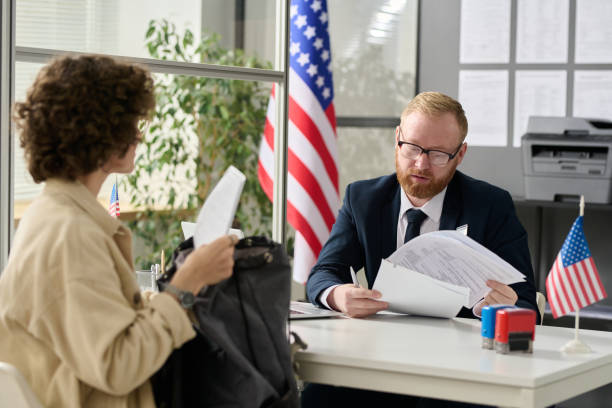Securing a business visa in the United States can be a complex and often frustrating process, requiring detailed paperwork, compliance with strict regulations, and patience in the face of bureaucratic delays. Many applicants seek guidance from a Las Vegas business immigration lawyer to help ensure that their applications meet all legal requirements and avoid costly mistakes. The process involves understanding eligibility, navigating government procedures, and preparing for potential setbacks, all of which can be overwhelming for entrepreneurs and professionals who want to expand their business ventures in America.
Contents
Understanding the Requirements
The first challenge in applying for a U.S. business visa is understanding the specific requirements tied to each visa type. For instance, the B-1 visa allows temporary entry for business purposes, but it has strict limitations on the activities permitted.
Applicants must clearly demonstrate their intent to return to their home country and prove that their stay in the U.S. will be temporary. This often means preparing thorough documentation that shows financial stability, employment ties, and business intent. Misinterpreting these requirements can lead to a denial.
Documentation and Evidence
Another significant hurdle is the amount of documentation required. Applicants must provide proof of their business purpose, which can include letters of invitation, conference details, financial records, and contracts. Even minor inconsistencies in documents may raise red flags for immigration officials.
Compiling this paperwork can be time-consuming, particularly for business owners who are juggling ongoing responsibilities in their home country. Preparing organized, accurate, and consistent evidence is crucial to demonstrating credibility and compliance.
Strict Interview Process
The U.S. visa interview can be one of the most stressful aspects of the process. Applicants must be prepared to answer questions about their trip, business intentions, and financial background. Visa officers are trained to look for inconsistencies or vague responses that may suggest an intent to misuse the visa.
This means applicants must not only have their paperwork in order but also practice explaining their business purpose in clear and concise terms. Failure to do so may result in denial despite otherwise strong qualifications.
Processing Times and Delays
Even when an application is thoroughly prepared, applicants often face delays due to processing backlogs or administrative reviews. In some cases, applications may be put on hold for additional security checks, which can extend the waiting period for weeks or even months.
For business professionals working with tight schedules, these delays can disrupt travel plans and business opportunities. Planning well in advance and understanding the potential for setbacks are essential for minimizing disruption.
Changes in Immigration Policy
A further complication is the shifting landscape of U.S. immigration policy. Regulations and guidelines for business visas can change depending on political priorities, global events, or updated security measures. Applicants who rely on outdated information risk making errors that could cost them approval. Staying informed about current policies and consulting trusted sources is a key strategy for avoiding unexpected surprises during the application process.
Conclusion
The process of securing a U.S. business visa is filled with challenges, from meeting complex requirements to enduring unpredictable delays. Applicants must prepare extensive documentation, demonstrate clear business intentions, and remain adaptable to changes in policy. While the hurdles are significant, those who invest time in careful preparation increase their chances of success.




